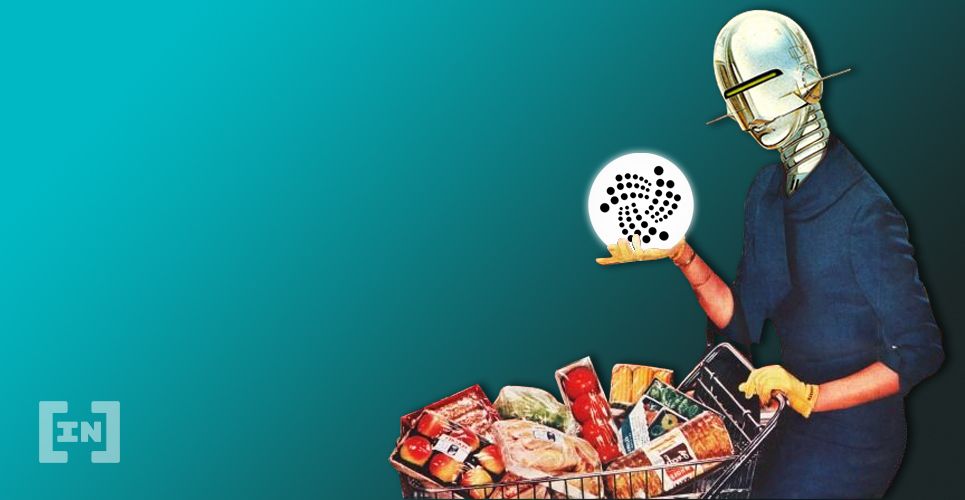
Incorporating off-chain, real-world data is crucial to the functionality of decentralized applications that rely on outside information.
Most applications and platforms need to integrate data that is not available on-chain — which is where oracles come in. Oracles essentially act as a bridge between the two ecosystems by supplying verifiable data to decentralized applications. IOTA, one of the largest and most-used blockchain networks in the space, is introducing oracle capabilities to rival some of the top projects currently available.
With decentralized oracles acting as an essential component to a blockchain projects’ success, applications like Chainlink have risen to the top. This new offering will provide Chainlink new competition. as IOTA Oracles “will offer a complete solution for organizations to send data directly to the Tangle (IOTA’s network protocol).”
The Problem with Current Oracles
While most new decentralized oracles can provide data to smart contracts, there comes the central problem of data integrity. Although it may be easy to integrate data into a given smart contract or dApp, users need to be able to verify that the data they are receiving is reliable.
If someone implants the wrong information, it could lead to some really terrible results for participants on the network. Considering the possibility of manipulatable data, users can receive the wrong results and take on additional unnecessary risks. It is with this in mind that the IOTA team created the oracle.
What Does IOTA Oracles Accomplish?
Besides bringing verifiable, real-world data in the blockchain sphere, IOTA’s Tangle offers some significant advantages not seen across other blockchain oracle solutions.
One of the biggest factors for users and application developers is that IOTA transactions are feeless, meaning anyone can freely exchange data without any stakeholders paying exorbitant fees. IOTA transactions can also hold a large amount of data when compared to other networks, making it quicker and easier to deliver data near real-time.
There are more advantages too. Gathering data using IOTA nodes is very efficient, allowing for a more straightforward process than might be experienced across different platforms. On top of this, IOTA oracles support a wide array of security and data structuring capabilities, not limiting applications to rigid parameters.
We’ve also seen an explosion in Decentralized Finance (DeFi) throughout the last year. With no signs of slowing down, developers and users may opt to switch to platforms like IOTA to capitalize on the faster and cheaper transactional capabilities, especially now that it has its own oracle.
Disclaimer
All the information contained on our website is published in good faith and for general information purposes only. Any action the reader takes upon the information found on our website is strictly at their own risk.
This news is republished from another source. You can check the original article here



